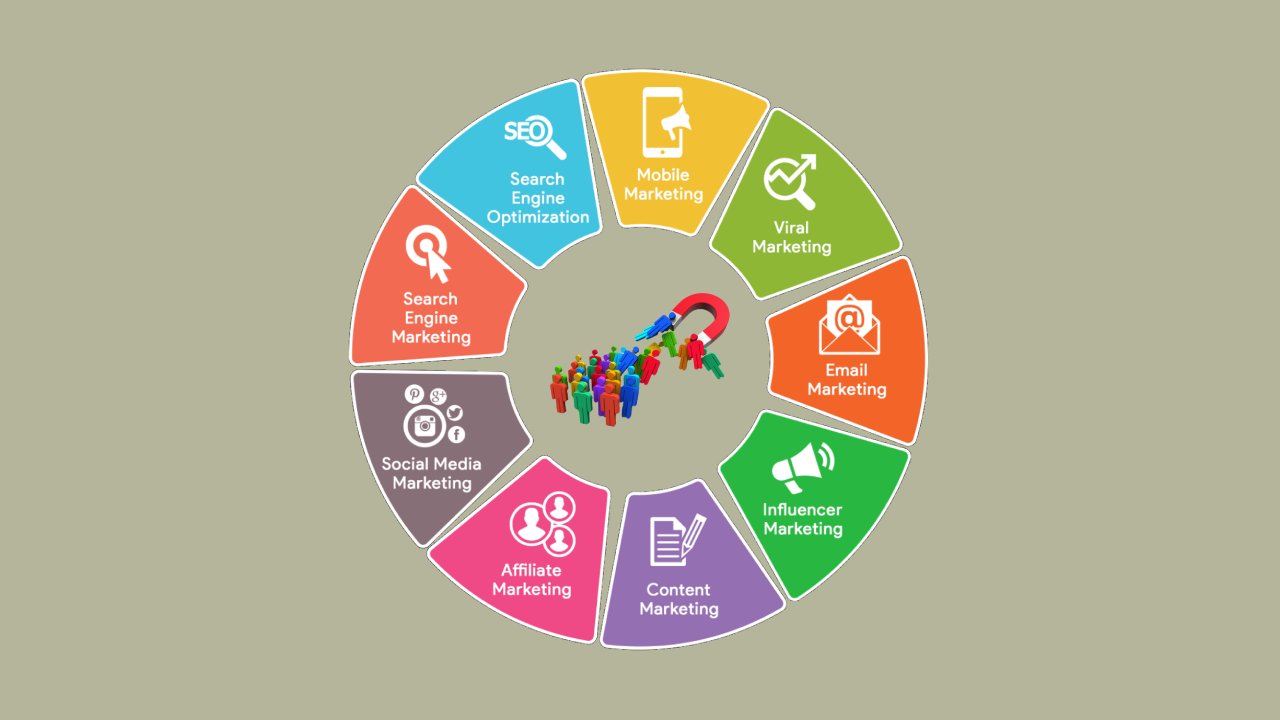You might already know that Google uses over 200 ranking factors in their algorithm. Here are the top 25:
- High-quality content: This is the most important ranking factor. Your content should be informative, well-written, and relevant to your target audience.
- Keyword research: When you’re creating content, it’s important to do keyword research to find the right keywords to target. You want to choose keywords that are relevant to your content and that people are actually searching for.
- On-page optimization: This includes factors like keyword usage, title tag, meta description, and heading tags.
- Internal linking: Internal links help Google understand the structure of your website and how your pages are related to each other.
- External links: External links from high-quality websites can help improve your ranking.
- Domain authority: This is a measure of how trustworthy and authoritative your website is. It’s based on factors like the number of backlinks you have, the quality of those backlinks, and the age of your website.
- Page speed: Google rewards websites that load quickly. Make sure your website is optimized for speed.
- Mobile-friendliness: More and more people are searching on mobile devices. Make sure your website is mobile-friendly.
- Core Web Vitals: These are a set of metrics that measure the loading, interactivity, and visual stability of your website. Google has said that Core Web Vitals will become a ranking factor in 2023.
- User experience: Google wants to rank websites that provide a good user experience. This includes factors like bounce rate, dwell time, and time on page.
- Freshness: Google rewards websites that are updated frequently.
- E-A-T: This stands for Expertise, Authoritativeness, and Trustworthiness. Google wants to rank websites that are created by experts and that are trustworthy.
- Social media signals: Google takes into account social media signals like shares, likes, and comments when ranking websites.
- Backlink profile: The quality and quantity of backlinks you have can affect your ranking.
- Keyword difficulty: The difficulty of ranking for a particular keyword can affect how much time and effort you need to put into your SEO efforts.
- Competition: The amount of competition you have for a particular keyword can also affect your ranking.
- Location: If you’re targeting local keywords, your location can affect your ranking.
- Search intent: Google wants to rank websites that are relevant to the search intent of the user.
- Algorithm updates: Google’s algorithm is constantly being updated. This means that the ranking factors that are important can change over time.
- Seasonality: The time of year can also affect your ranking. For example, if you’re selling Christmas ornaments, you’ll want to make sure your website is optimized for Christmas-related keywords during the holiday season.
- Browser compatibility: Make sure your website is compatible with all major browsers.
- Security: Google rewards websites that are secure.
- Technical SEO: This includes factors like website structure, code quality, and image optimization.
- Google My Business: Having a Google My Business listing can help improve your local ranking.
- Google Search Console: Google Search Console is a free tool that can help you track your website’s performance in Google search.
This is just a partial list of Google ranking factors. The exact factors that affect your ranking can vary depending on the keyword you’re targeting and the competition you have. However, the factors listed above are some of the most important ones to consider.




